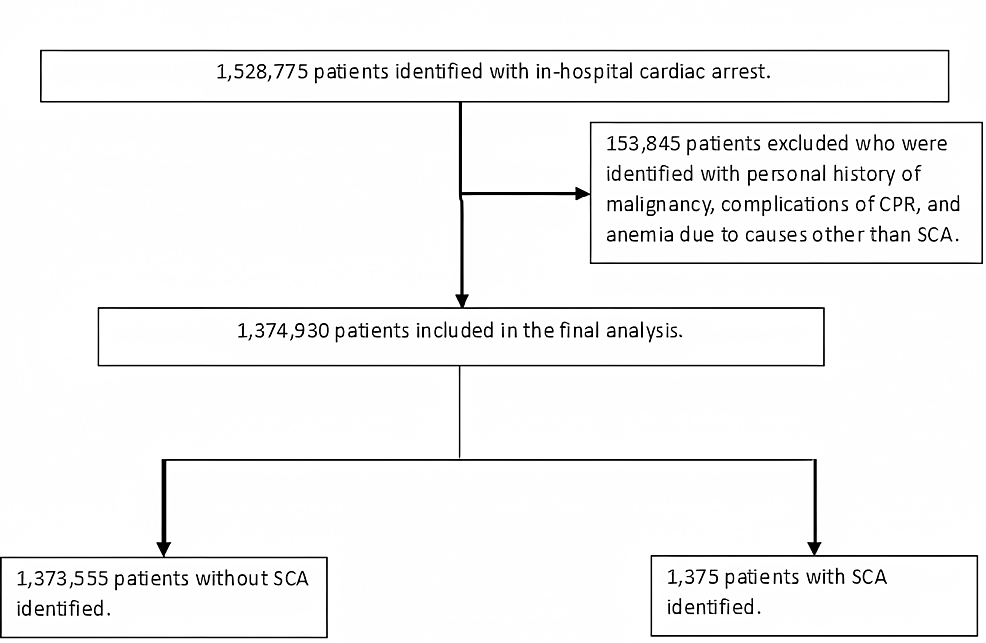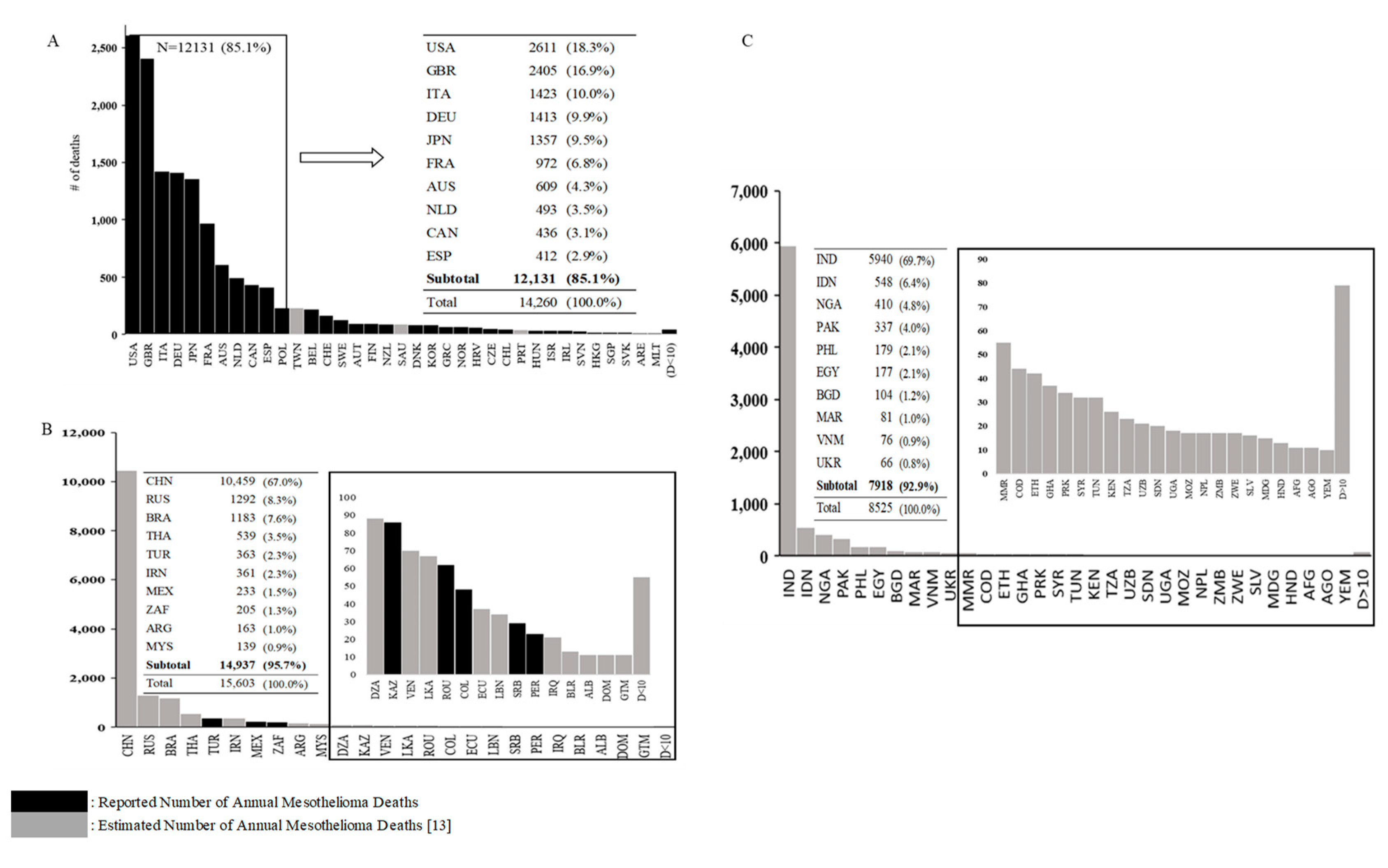Vf Arrest Icd 10 - Web the sudden cessation of cardiac activity so that the victim subject/patient becomes unresponsive, without normal breathing and no signs of circulation. Diseases of the circulatory system. Ventricular fibrillation is the most commonly identified arrhythmia in cardiac arrest patients. Cardiac arrest may be reversed by cpr, and/or defibrillation, cardioversion or cardiac pacing.
Cardiac arrest may be reversed by cpr, and/or defibrillation, cardioversion or cardiac pacing. Web the sudden cessation of cardiac activity so that the victim subject/patient becomes unresponsive, without normal breathing and no signs of circulation. Diseases of the circulatory system. Ventricular fibrillation is the most commonly identified arrhythmia in cardiac arrest patients.
Cardiac arrest may be reversed by cpr, and/or defibrillation, cardioversion or cardiac pacing. Ventricular fibrillation is the most commonly identified arrhythmia in cardiac arrest patients. Web the sudden cessation of cardiac activity so that the victim subject/patient becomes unresponsive, without normal breathing and no signs of circulation. Diseases of the circulatory system.
50 Essential Facts Unveiling the History of Cardiac Arrest ICD 10 2024
Cardiac arrest may be reversed by cpr, and/or defibrillation, cardioversion or cardiac pacing. Web the sudden cessation of cardiac activity so that the victim subject/patient becomes unresponsive, without normal breathing and no signs of circulation. Ventricular fibrillation is the most commonly identified arrhythmia in cardiac arrest patients. Diseases of the circulatory system.
F32.2 Major depressive disorder, single episode, severe without
Cardiac arrest may be reversed by cpr, and/or defibrillation, cardioversion or cardiac pacing. Diseases of the circulatory system. Web the sudden cessation of cardiac activity so that the victim subject/patient becomes unresponsive, without normal breathing and no signs of circulation. Ventricular fibrillation is the most commonly identified arrhythmia in cardiac arrest patients.
Copd Code Icd 10
Web the sudden cessation of cardiac activity so that the victim subject/patient becomes unresponsive, without normal breathing and no signs of circulation. Diseases of the circulatory system. Ventricular fibrillation is the most commonly identified arrhythmia in cardiac arrest patients. Cardiac arrest may be reversed by cpr, and/or defibrillation, cardioversion or cardiac pacing.
Icd 10 Code For Central Zone Calcification
Ventricular fibrillation is the most commonly identified arrhythmia in cardiac arrest patients. Cardiac arrest may be reversed by cpr, and/or defibrillation, cardioversion or cardiac pacing. Web the sudden cessation of cardiac activity so that the victim subject/patient becomes unresponsive, without normal breathing and no signs of circulation. Diseases of the circulatory system.
A 20yearold male with idiopathic VF. Cardiac arrest was the
Ventricular fibrillation is the most commonly identified arrhythmia in cardiac arrest patients. Web the sudden cessation of cardiac activity so that the victim subject/patient becomes unresponsive, without normal breathing and no signs of circulation. Cardiac arrest may be reversed by cpr, and/or defibrillation, cardioversion or cardiac pacing. Diseases of the circulatory system.
Cardiac arrest, ICD and your driving licence Sudden Cardiac Arrest UK
Web the sudden cessation of cardiac activity so that the victim subject/patient becomes unresponsive, without normal breathing and no signs of circulation. Diseases of the circulatory system. Ventricular fibrillation is the most commonly identified arrhythmia in cardiac arrest patients. Cardiac arrest may be reversed by cpr, and/or defibrillation, cardioversion or cardiac pacing.
Cardiac Arrest Arrest Calls Tips For Junior Doctors onthewards
Cardiac arrest may be reversed by cpr, and/or defibrillation, cardioversion or cardiac pacing. Web the sudden cessation of cardiac activity so that the victim subject/patient becomes unresponsive, without normal breathing and no signs of circulation. Diseases of the circulatory system. Ventricular fibrillation is the most commonly identified arrhythmia in cardiac arrest patients.
February is Heart Month Catch Your Breath 60
Cardiac arrest may be reversed by cpr, and/or defibrillation, cardioversion or cardiac pacing. Web the sudden cessation of cardiac activity so that the victim subject/patient becomes unresponsive, without normal breathing and no signs of circulation. Ventricular fibrillation is the most commonly identified arrhythmia in cardiac arrest patients. Diseases of the circulatory system.
ICD 10 Practice Test Prep ICD 10
Diseases of the circulatory system. Cardiac arrest may be reversed by cpr, and/or defibrillation, cardioversion or cardiac pacing. Web the sudden cessation of cardiac activity so that the victim subject/patient becomes unresponsive, without normal breathing and no signs of circulation. Ventricular fibrillation is the most commonly identified arrhythmia in cardiac arrest patients.
An Outpatient Coder’s Basic Crash Course in ICD10PCS AAPC Knowledge
Web the sudden cessation of cardiac activity so that the victim subject/patient becomes unresponsive, without normal breathing and no signs of circulation. Diseases of the circulatory system. Cardiac arrest may be reversed by cpr, and/or defibrillation, cardioversion or cardiac pacing. Ventricular fibrillation is the most commonly identified arrhythmia in cardiac arrest patients.
Diseases Of The Circulatory System.
Ventricular fibrillation is the most commonly identified arrhythmia in cardiac arrest patients. Web the sudden cessation of cardiac activity so that the victim subject/patient becomes unresponsive, without normal breathing and no signs of circulation. Cardiac arrest may be reversed by cpr, and/or defibrillation, cardioversion or cardiac pacing.








